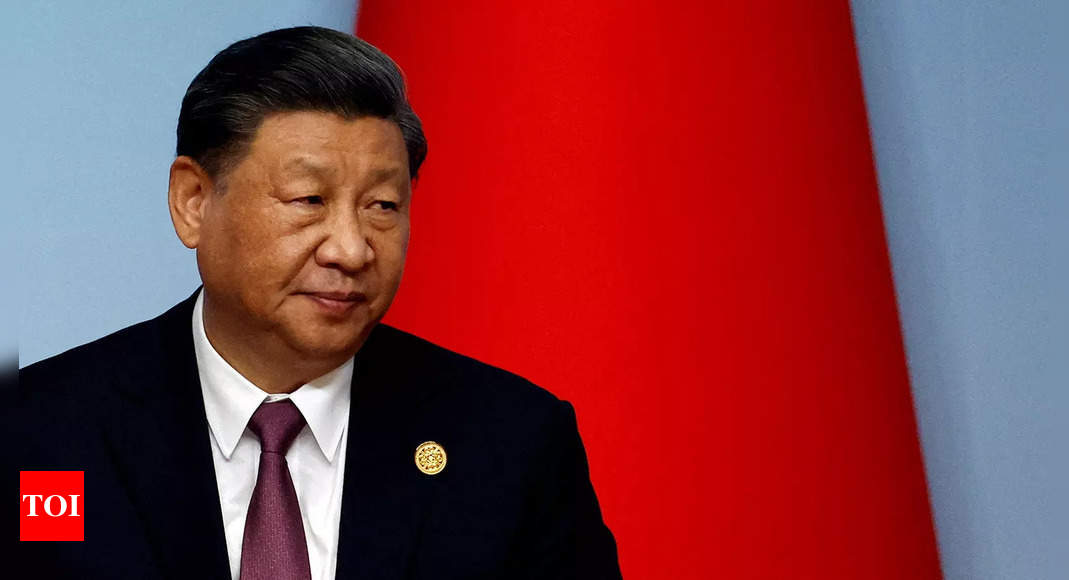India-Middle East-Europe Economic Corridor, announced at G20, gives New Delhi new purchase in West Asia. But a lot will depend on delivery, and India’s economic performance
The spectacular G20 summit in New Delhi could be termed as India’s coming out party. Not dissimilar to the 2008 Summer Olympics in Beijing, which was widely seen as China’s grand message of “arrival”. Curiously, in many aspects of national power, China 2008 and India 2023 have several analogues – not least in aggregate GDP measures, where China 2007 and India 2022 are at very similar levels! Perhaps not entirely coincidentally, the biggest brass-tacks outcome of G20 was the India-Middle East-Europe Economic Corridor (IMEE-EC). A multi-modal connectivity initiative to link India with Europe via ports and rail corridors built in the Middle East (ME). It will, in theory, provide an alternative to the current trade connectivity through the Suez Canal. In conception and design, it looks to be an alternative to China’s ambitious BRI. An Indian
BRI
(Boats and Rail Initiative) to challenge China’s BRI? Sounds compelling beyond the wordplay, especially as China’s BRI runs into rough weather, including in the Indian subcontinent, primarily on financial sustainability issues.
How is rail ever going to be cost-competitive with ocean freight? Even considering Suez transit costs of $7-10/ton, the most efficient railroads in the world achieve 4.4c/ton-mile, or about $68 per ton on the proposed route plus the cost in both time/money and latency/throughput of being dependent on two massive ports for loading and unloading.
IMEC aims to connect Middle Eastern oil to European and Indian markets and European/Indian products to the Middle Eastern market. That’s about all it’s good for.
I’m just speculating, based on the information you’ve posted, but if ocean shipping containers from India can arrive in Western Europe so much faster than China already, wouldn’t their geographic location and the fact that the trains will cut down transit time allow India to compete with China in terms of how quickly they can ship goods to Western Europe?
If rail cost has to be 10 times cheaper to match cost with shipping, and rail freight from India to the UK takes as much as 2 days, that’s still only 10% of the regular 20-day shipping time it takes shipping containers to get from India to the UK, so they can theoretically achieve 10 times the profit margin with rail that they can with shipping containers.
The goal is not to make rail freight as cheap as ocean freight, the point of the proposed initiative(I believe) is that India will be able to get their products over to Western Europe in a cost-effective manner that can compete with China, and if their production/export infrastructure and capacity were to reach parity with China, by benefit of geographic location India will be able to deliver goods to western europe faster.
deleted by creator



